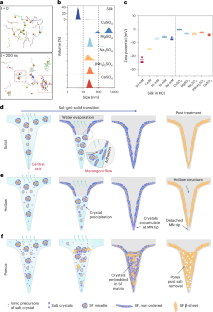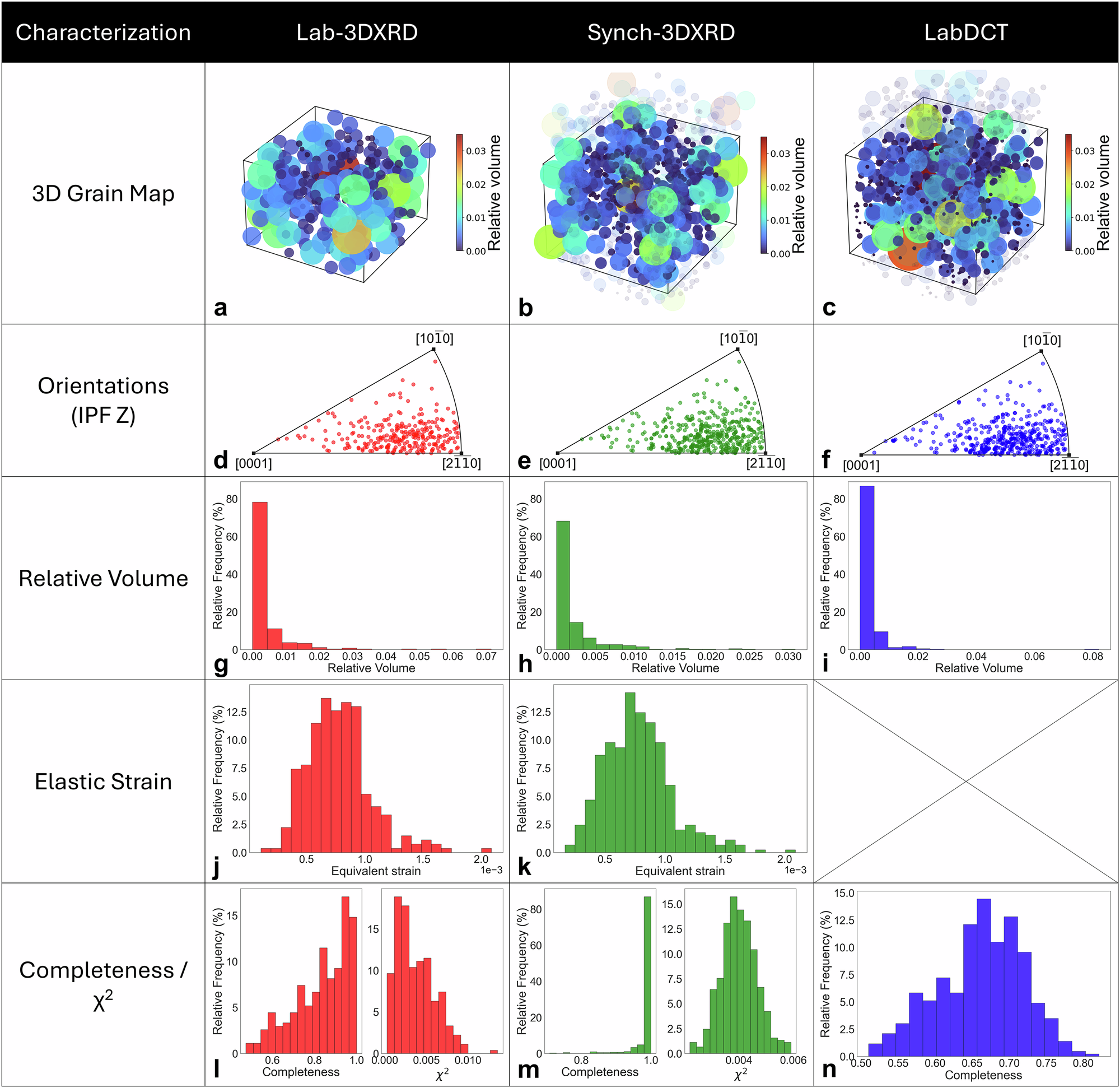2025-04-30 オークリッジ国立研究所(ORNL)

Researchers compared the potential of quantum computing against classical systems such as ORNL’s Frontier supercomputer, which is housed and operated by the Oak Ridge Leadership Computing Facility. Credit: ORNL, U.S. Dept. of Energy
<関連情報>
- https://www.ornl.gov/news/quantum-computer-bests-classical-computer-simulation
- https://www.science.org/doi/10.1126/science.ado6285
量子シミュレーションにおける非古典的計算 Beyond-classical computation in quantum simulation
Andrew D. King, Alberto Nocera, Marek M. Rams, Jacek Dziarmaga, […] , and Mohammad H. Amin
Science Published:12 Mar 2025
DOI:https://doi.org/10.1126/science.ado6285
Editor’s summary
Quantum computers should be able to solve certain problems that classical computers cannot; however, at the current stage of development, imperfections in quantum computing hardware diminish this comparative advantage. King et al. contrasted the performance of their quantum annealing processor to state-of-the-art classical simulations of topical problems such as the quantum dynamics of the transverse-field Ising model. The researchers found that across a range of graph topologies, the quantum processor was able to outperform classical simulations. The results provide a challenge to classical computing, in which method improvement has in the past tempered claims of quantum advantage. —Jelena Stajic
Abstract
Quantum computers hold the promise of solving certain problems that lie beyond the reach of conventional computers. However, establishing this capability, especially for impactful and meaningful problems, remains a central challenge. Here, we show that superconducting quantum annealing processors can rapidly generate samples in close agreement with solutions of the Schrödinger equation. We demonstrate area-law scaling of entanglement in the model quench dynamics of two-, three-, and infinite-dimensional spin glasses, supporting the observed stretched-exponential scaling of effort for matrix-product-state approaches. We show that several leading approximate methods based on tensor networks and neural networks cannot achieve the same accuracy as the quantum annealer within a reasonable time frame. Thus, quantum annealers can answer questions of practical importance that may remain out of reach for classical computation.



